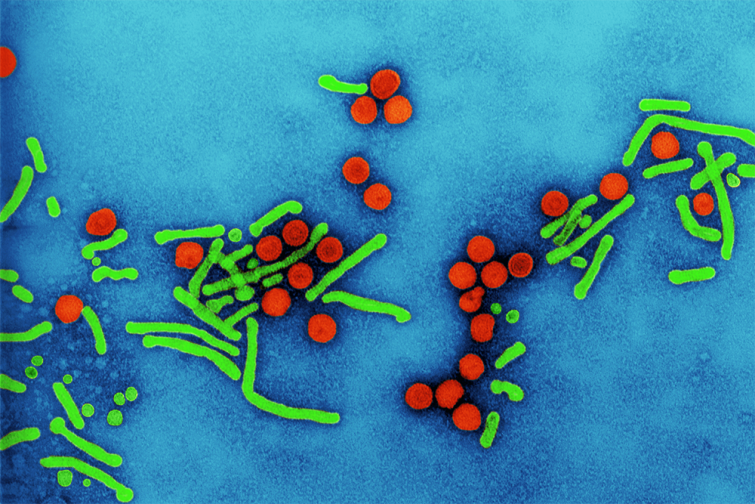
 News
News
Liver cancer: the Peruvian exception
Scientists and physicians are attempting to elucidate the mechanisms of an atypical form of liver cancer in Peru that is mainly affecting young people. Their research has revealed previously unknown risk factors.
Why are young Peruvians developing liver cancer? The highly unusual forms of the disease are attracting the attention of scientists and healthcare workers. Their goal is to prevent, detect and treat this alarming condition, which virtually always proves fatal. "With our Peruvian partners from the Instituto Nacional de Enfermedades Neoplásicas, we have already ruled out a number of risk factors, such as aflatoxin intoxication, the use of harmful medicinal plants, and infection by some parasites in the liver," explains molecular biologist Stéphane Bertani, researcher at the Institut de recherche pour le développement (IRD). "We have recently pinpointed cell damage that suggests the involvement of a genotoxic agent (a product that is harmful for the genome), and we have realized that we were underestimating the importance of occult hepatitis B virus infection."